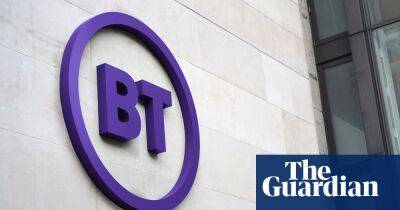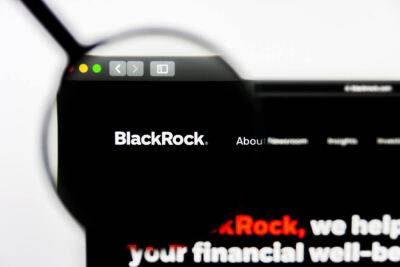Here’s why health savings accounts may contribute to inequality
A popular way to save for out-of-pocket medical expenses might be contributing to health-care inequality, new research suggests.
Health savings accounts are tax-advantaged accounts available to Americans with high-deductible health insurance policies. Federal law established them in 2003. Since then, HSAs have grown quickly as employers have adopted high-deductible plans for their workforces to save money.
HSAs offer a three-tiered break on income taxes: contributions are tax-free, as are investment earnings and withdrawals for eligible medical expenses.
Here's a look at more stories on how to manage, grow and protect your money for the years ahead.
When used optimally, they're among the most efficient ways to save and build wealth, according to financial advisors.
However, Black and Hispanic savers, women and low-income individuals aren't using the accounts as effectively as others, such as men, higher earners, and white and Asian savers, according a new report published by the Employee Benefit Research Institute.
The former groups tend to contribute less money to HSAs, have smaller balances and invest these funds less often — dynamics that may reinforce and exacerbate health inequities already present along racial, gender and income lines, according to the report.
«Racially based, ethnicity-based and income-based discrepancies in the usage of HSAs are troublesome,» according to the report, which was authored by Jake Spiegel, a research associate at the institute.
«To the extent that those enrolled [in high-deductible health plans] do not also enroll in HSAs, do not take full advantage of the tax benefits HSAs offer or do not save a sufficient amount, they may find it more difficult to pay for medical expenses, and may
Read more on cnbc.com


 cnbc.com
cnbc.com
















